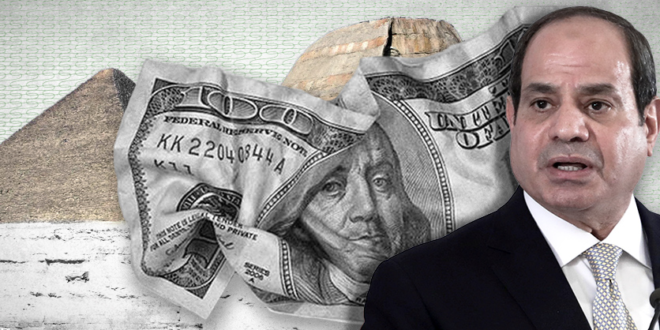Egypt is planning to drop the US dollar in bilateral trade with several member states of the BRICS group of emerging economies, Egyptian Supply Minister Ali Moselhy revealed on 12 June.
Cairo is specifically looking to use local currencies to pay for imports from India, China, and Russia – three members of the BRICS bloc, which also includes Brazil and South Africa.
“There are discussions so that we can trade in local currencies of countries like India, Russia, or China,” Moselhy told Reuters on Monday after debunking reports that a credit line had been opened with India.
The news was followed by an announcement from Russia’s ambassador to Egypt, Georgy Borisenko, who on 14 June said Cairo has officially applied to join BRICS.
“Egypt has applied to join the BRICS group because one of the initiatives BRICS currently participates in is to move as much trade into alternative currencies as possible, whether it is a national one or the creation of a common currency. And Egypt is very interested in this matter,” Borisenko told Russian media.
BRICS officials say that at least 19 countries have contacted the group about becoming members. The UAE, Argentina, Algeria, Bahrain, Indonesia, Saudi Arabia, and Iran are among the countries that have formally applied to join.
BRICS makes up 40 percent of the global population and nearly a third of the world’s economy. In recent months, BRICS outpaced the gross domestic product (GDP) of the US-led G7 in terms of purchasing power parity.
Bloomberg estimated in April that the BRICS nations would soon contribute 32.1 percent of global economic growth, compared to the G7’s 29.9 percent, based on the most recent IMF figures.
Presidents from BRICS member states are set to discuss the group’s expansion during a summit in South Africa in August. The officials are also expected to launch a new currency to rival US dollar hegemony.
Egypt is in the throes of a severe economic downturn, experiencing a sharp surge in inflation over the last year following several waves of currency devaluations. Geopolitical tensions have also prompted foreign investors to pull about $20 billion out of Egypt’s financial markets.
 Eurasia Press & News
Eurasia Press & News




